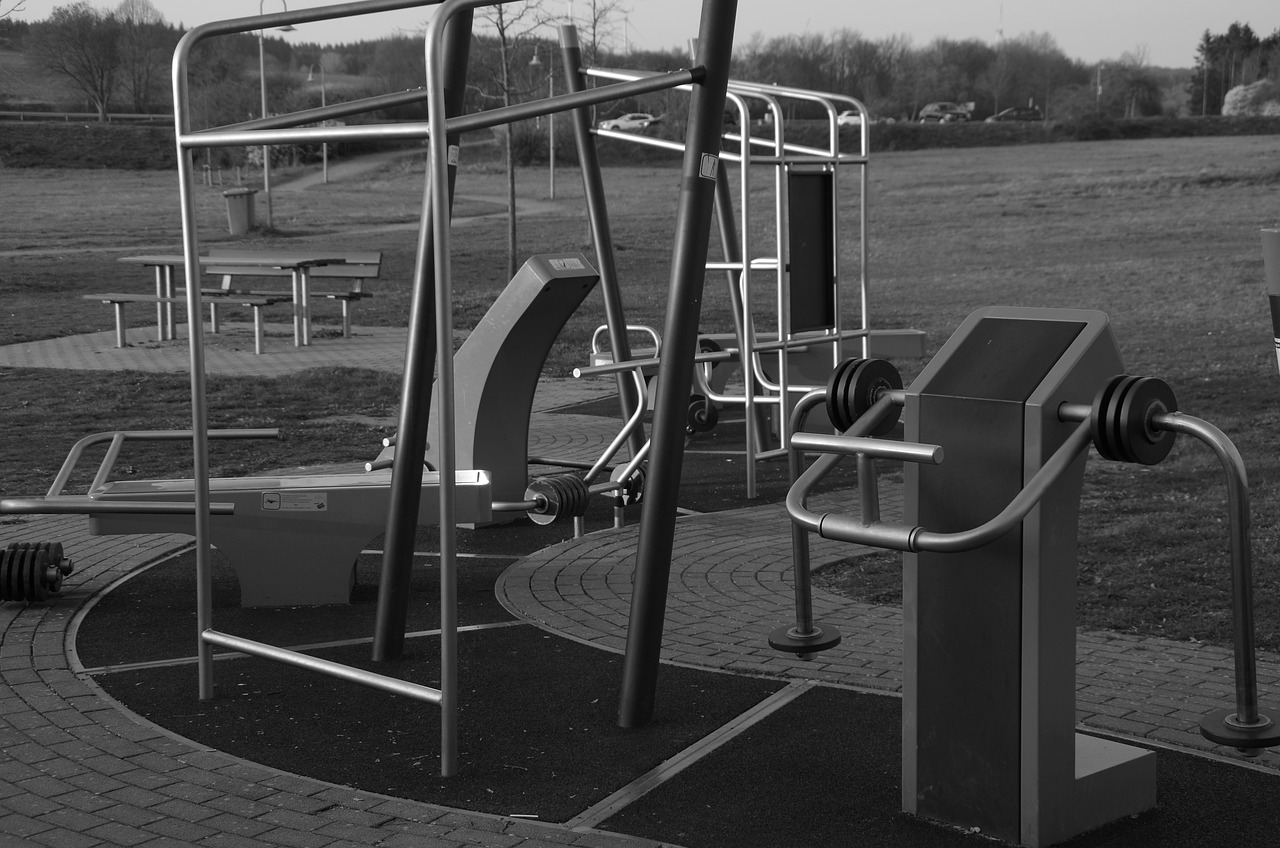Pulmonary Manifestations of Renal Disorders: Diagnosis and Treatment: Tigerexch, Golden77.com, Sky 99 exch
tigerexch, golden77.com, sky 99 exch: Pulmonary Manifestations of Renal Disorders: Diagnosis and Treatment
Hey there, health warriors! Today, we’re diving deep into the connection between renal disorders and pulmonary manifestations. It’s a fascinating topic that highlights the intricate relationship between our kidneys and lungs. So grab your favorite beverage, get cozy, and let’s explore this important subject together.
Understanding Pulmonary Manifestations of Renal Disorders
When we think about renal disorders, we typically focus on issues related to the kidneys. However, these conditions can also have a significant impact on the respiratory system. In fact, pulmonary manifestations are relatively common in patients with kidney disease, and they can present in a variety of ways.
One of the key mechanisms behind pulmonary manifestations in renal disorders is the accumulation of fluid in the body. Kidneys play a crucial role in regulating fluid balance, so when they are not functioning properly, fluid can build up in the lungs, leading to pulmonary edema. This can result in symptoms such as shortness of breath, coughing, and wheezing.
Another factor contributing to pulmonary manifestations in renal disorders is the presence of uremic toxins in the body. These toxins can directly affect the lungs and lead to conditions like uremic pleuritis or uremic pneumonitis. Additionally, some renal disorders, such as vasculitis or amyloidosis, can cause inflammation and damage to the lungs, further exacerbating respiratory symptoms.
Diagnosing Pulmonary Manifestations in Renal Disorders
Diagnosing pulmonary manifestations in the context of renal disorders can be challenging due to the overlap of symptoms with other respiratory conditions. However, there are specific tests and evaluations that healthcare providers can use to identify and address these issues effectively.
One of the primary diagnostic tools for assessing pulmonary manifestations in renal disorders is pulmonary function testing. This non-invasive test measures various aspects of lung function, such as lung capacity and airflow, providing valuable information about respiratory health.
Imaging studies, such as chest X-rays and CT scans, can also be instrumental in detecting abnormalities in the lungs caused by renal disorders. These tests can reveal signs of pulmonary edema, inflammation, or structural changes that may be linked to kidney dysfunction.
In some cases, a bronchoscopy may be recommended to examine the airways and collect samples for further analysis. This procedure can help identify specific lung conditions and guide treatment decisions for patients with renal disorders and pulmonary manifestations.
Treating Pulmonary Manifestations in Renal Disorders
The treatment of pulmonary manifestations in the setting of renal disorders typically involves addressing the underlying kidney dysfunction while also managing respiratory symptoms. A multi-disciplinary approach that involves nephrologists, pulmonologists, and other healthcare providers is often necessary to optimize patient outcomes.
For patients with pulmonary edema due to kidney disease, diuretics are commonly prescribed to help reduce fluid accumulation in the lungs. Oxygen therapy may also be necessary to improve oxygenation and alleviate breathing difficulties.
In cases where uremic toxins are contributing to lung damage, dialysis may be recommended to remove these harmful substances from the body. Dialysis can help improve overall kidney function and reduce the burden on the lungs, leading to a decrease in respiratory symptoms.
In more severe cases of pulmonary manifestations in renal disorders, immunosuppressive therapy or corticosteroids may be indicated to manage inflammation and prevent further lung damage. These medications should be used under close supervision and monitoring to minimize side effects and optimize treatment outcomes.
Additionally, lifestyle modifications such as smoking cessation, regular exercise, and a healthy diet can play a crucial role in managing pulmonary manifestations in patients with renal disorders. By adopting a holistic approach to care, individuals can improve their respiratory health and overall quality of life.
Frequently Asked Questions
Q: Can kidney disease cause shortness of breath?
A: Yes, kidney disease can lead to fluid buildup in the lungs, resulting in symptoms like shortness of breath and difficulty breathing. It’s essential to monitor respiratory symptoms in patients with renal disorders and seek prompt medical attention if any concerning signs develop.
Q: How are pulmonary manifestations in renal disorders diagnosed?
A: Pulmonary manifestations in renal disorders can be diagnosed through a combination of pulmonary function testing, imaging studies, and bronchoscopy. These tools help healthcare providers evaluate lung function and identify underlying abnormalities linked to kidney dysfunction.
Q: What is the treatment for pulmonary edema in patients with kidney disease?
A: The treatment for pulmonary edema in patients with kidney disease typically involves the use of diuretics to reduce fluid buildup in the lungs. Oxygen therapy may also be necessary to improve oxygen levels and alleviate breathing difficulties. In severe cases, dialysis or immunosuppressive therapy may be recommended to manage respiratory symptoms effectively.
In conclusion, pulmonary manifestations of renal disorders are a complex and important aspect of healthcare that requires careful evaluation and management. By understanding the connection between kidney dysfunction and respiratory health, healthcare providers can provide targeted treatments and improve outcomes for patients experiencing these issues. Stay informed, stay healthy, and remember that your lungs and kidneys are essential partners in your overall well-being.







